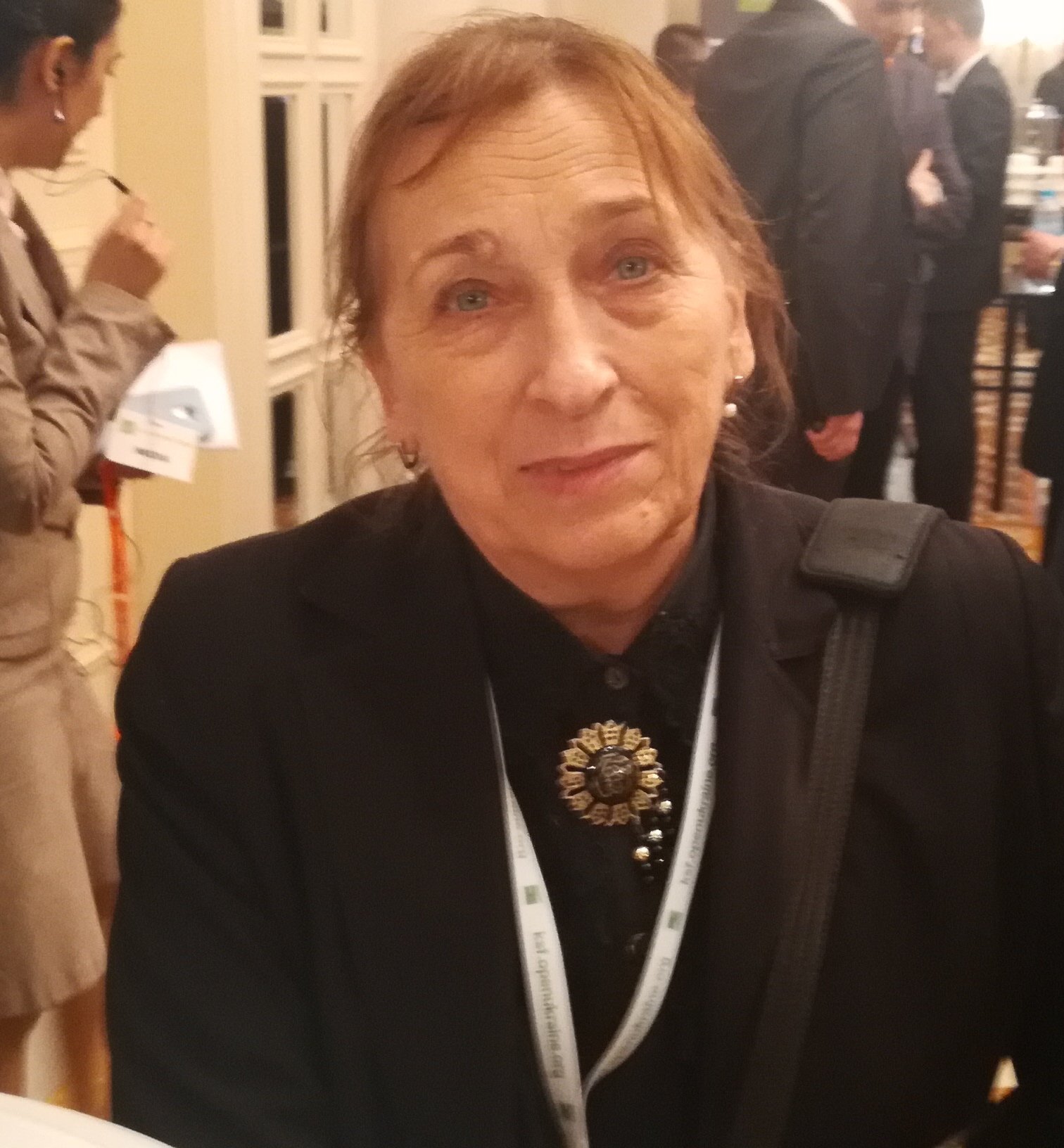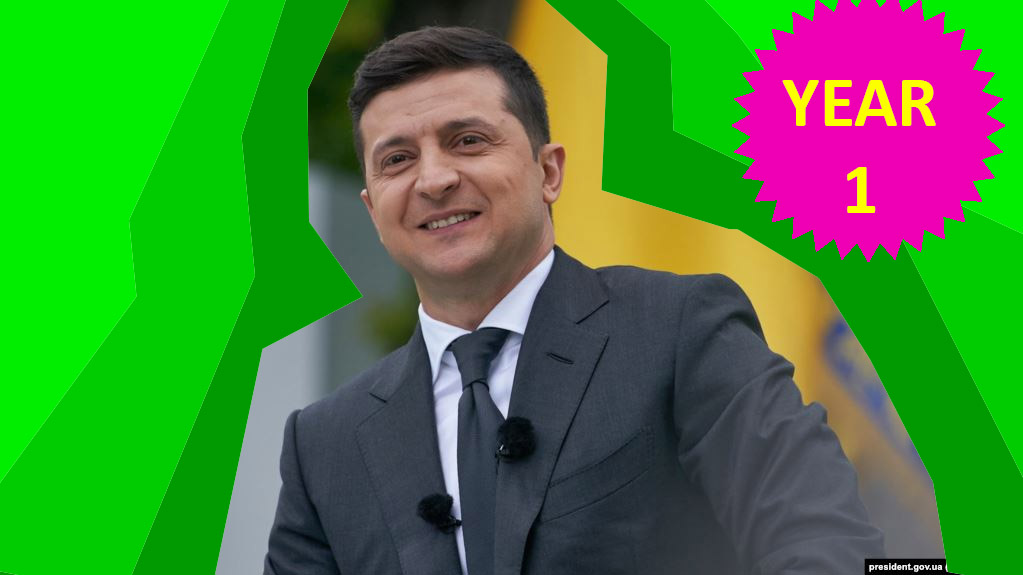How has Ukrainian society changed after Euromaidan, and how does Zelenskyy fit in these changes?
I would say that what happened now with Zelenskyy is also a result of Euromaidan. Because after Euromaidan there was a lot of optimism and hopes that didn't materialize. Maybe they were inflated, maybe because the authorities didn't do all they should. Now some of those hopes have been resurrected: it's optimism, hope for the better, hope for a person not from the old politics... This is also a result of Euromaidan, in a way.
After Euromaidan, people hoped that things would change; but were they ready to take up the responsibility to enact those changes?
No. Some changes occurred after Euromaidan because of the war. Ukrainian civic society activated because of the war, because they needed to save Ukraine. The volunteers, the crowdfunding for the army, this all was there, and it activated civil society significantly. And the support of people for civil society grew, so this changed. Apart from that, we asked how many people donated money for different civic activities. Before the Euromaidan, it was 27%, now the number is stable - 40%. Well, after Euromaidan it was 47%, then 45%, 42%, but now it's stable at 40%. But unfortunately, the people themselves have not become more active. They are hoping that civil society will make everything well, which will achieve everything, they idealize it to a great extent. And for them, Zelenskyy is from there.
So he's from the civil society which will come and make everything well.
He's not a politician, he's an active, energetic guy, there are such active and energetic guys around him which will come and do it all. I think these are also illusions of the post-Euromaidan Ukrainian society.
Why is it this way? Why aren't Ukrainians ready to participate in changes themselves and wait for somebody to save them?
This is a problem which the real, active civic society faces: how to engage people. They're ready to even donate something, but you go do it, and we'll cheer for you on the sidelines. They're fans. I guess more work has to be done on the ground, and it also depends on the media because they have to show the successes of civil society. There are two reasons that people name when they explain why they are not involved. The first one is that they have no time. This isn't true; answering sociological polls, 38% of people say they went over to somebody's house, 37% say that they had friends over, and 3% say that they participated in civil society actions. Actually, they have the time.
Second - they say that they don't see it could have a positive impact. This isn't true; of course, it's hard to resist the system, but there are successes. And when I visit the regions and see what NGOs are doing, there's a lot of positive change and successes, but nobody knows about that.
Zelenskyy's image was mostly created by media; he exists on the screen. What does it tell about Ukrainian society, that they are ready to believe this virtual image?
It tells about its infantility; we need to grow up. I understand that it's sad to part with illusions. Look, the opposition won all our presidential and parliamentary elections, except 1999. Because there's an illusion that they will come and do everything. And it doesn't work like that. And it can't because to win in elections you have to give promises which are impossible to fulfill. And the more such promises, the more votes you get. We need to understand that this is a very complicated and slow process, and requires the engagement of people. So we need to do away with infantility.
What will happen to Zelenskyy's voters in the first few months?
They will be disappointed, although he will have an excuse: "I can't do anything, because the Verkhovna Rada gets in my way." So maybe it will stretch out to the next year; but in any case, the disappointment will be immense.

-
Read also:
- Donbas residents increasingly want to return to being part of Ukraine, Bekeshkina says
- Russian invasion brought too many guns to Ukraine for any future protest to remain entirely peaceful, Bekeshkina warns
- Two anniversaries, two countries – Ukraine’s Maidan at 2, Russia’s “foreign agents” law at 3





